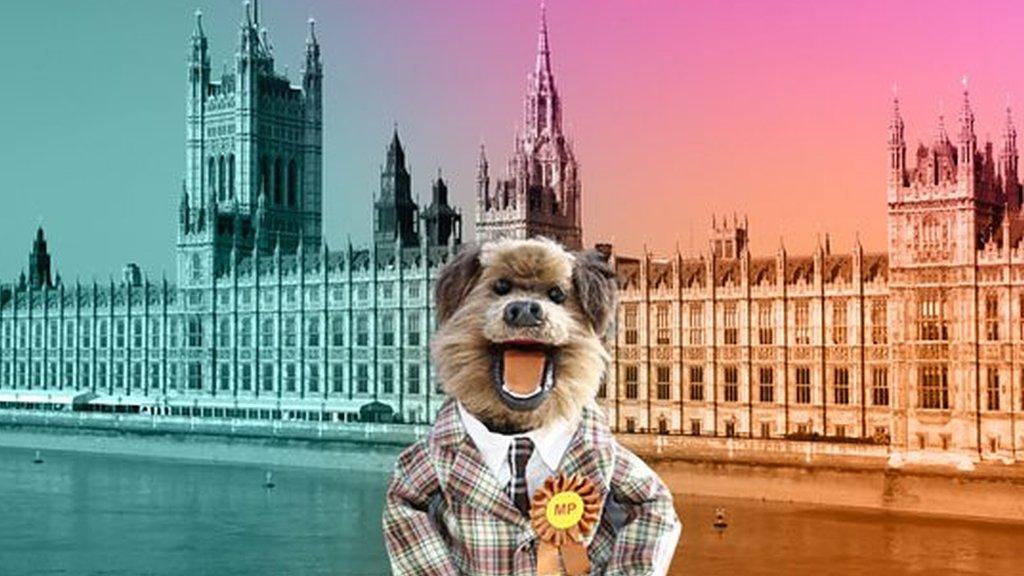Who won the general election? Here are five things you need to know
- Published

It's been a dramatic night in politics and a huge result for the Conservative Party which has won the general election.
The Conservatives needed 326 seats to win an overall majority in parliament and have managed to exceed this.
It means that Boris Johnson looks set to stay in his job as the prime minister of the UK.
If you're wondering what on earth has happened, here are five things you need to know:
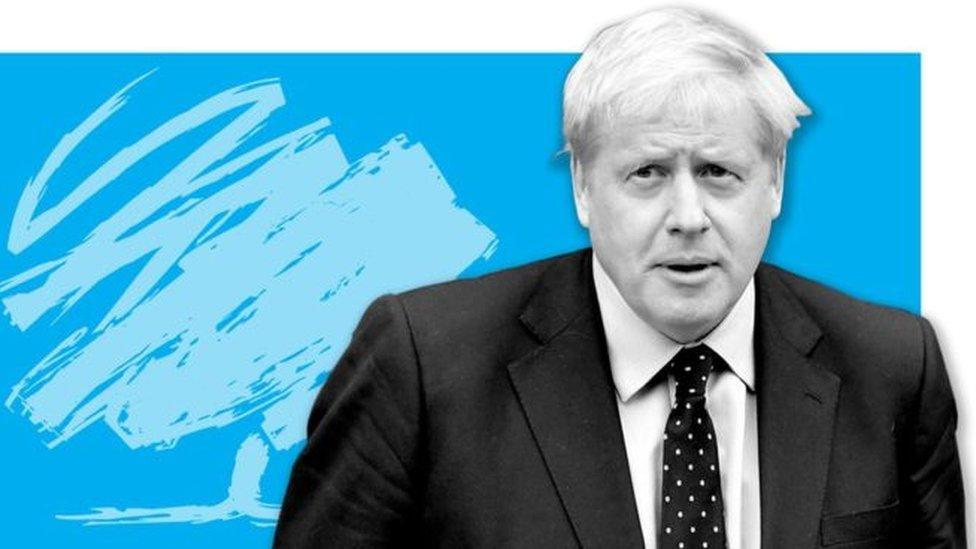
Boris Johnson, the PM and leader of the Conservatives
1. Conservatives won an overall majority
Boris Johnson's party won the general election as it gained the most seats in parliament.
It means that Mr Johnson can make Brexit happen next month (we are now due to leave the European Union on the 31 January) but before that there will be another reading of the Withdrawal Agreement Bill in the House of Commons on 20 December.
Going forward there will also be a minor reshuffle of the cabinet (that's a special group of the most senior members of the government).
It's the best result for the Conservative Party since former PM Margaret Thatcher's third election win in 1987.
It means Boris Johnson is likely to carry on as prime minister.
He won his MP seat again in Uxbridge, west London and spoke afterwards saying: "I want to thank the people of this country for turning out to vote in a December election that we didn't want to call but which I think has turned out to be a historic election that gives us now, in this new government, the chance to respect the democratic will of the British people."
2. Labour had a disastrous night
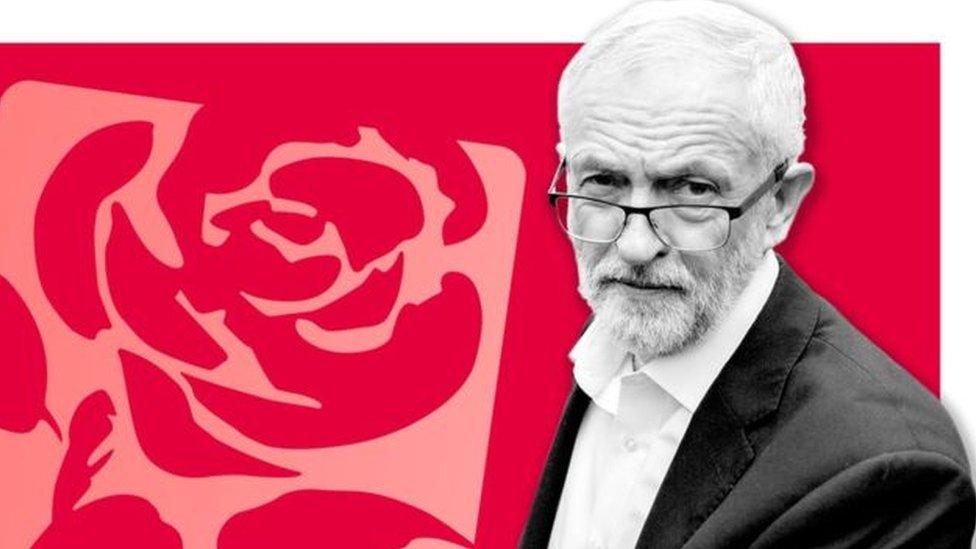
Jeremy Corbyn, the Labour leader
It's been a bad night for the Labour Party as it has lost a lot of its seats in parliament.
Many of these are in the north of England and Wales in areas that voted Leave in the 2016 EU referendum.
Leader Jeremy Corbyn said it's been a "very disappointing night" for his party, which has had its worst election result since 1935!
He said he would stay on as leader during a "process of reflection" on the result and said that Brexit had been the main issue.
3. Another independence referendum could be on the cards...
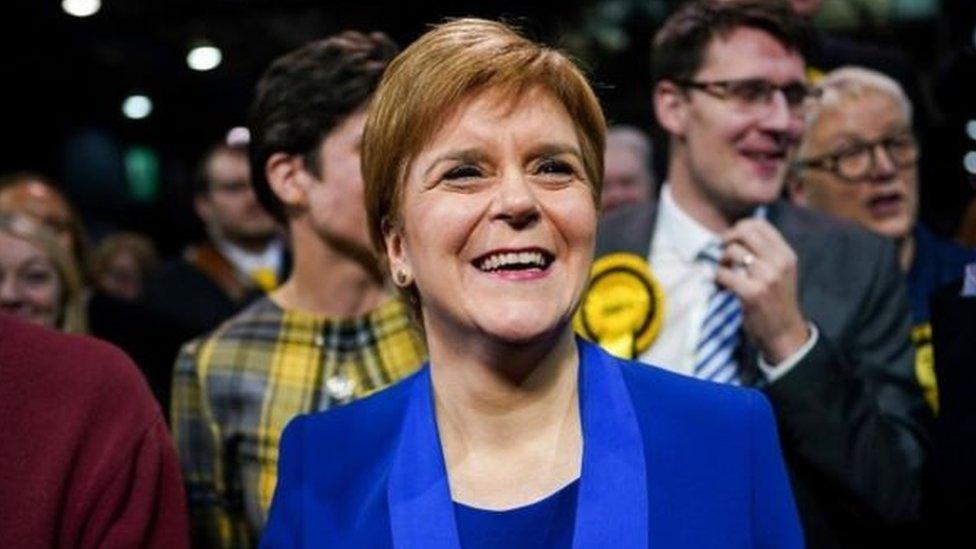
Nicola Sturgeon, leader of the SNP
People in Scotland might soon be asked again if they want to leave the UK.
That's because the Scottish Nationalist Party (SNP) won the most seats in Scotland in the general election.
They have said they want Scotland to be in charge of all its own laws and to stop being part of the UK.
In a speech later on Friday she said the vote in Scotland was a "watershed moment" and an "overwhelming endorsement of our campaign, message and vision".
4. Jo Swinson is no longer an MP
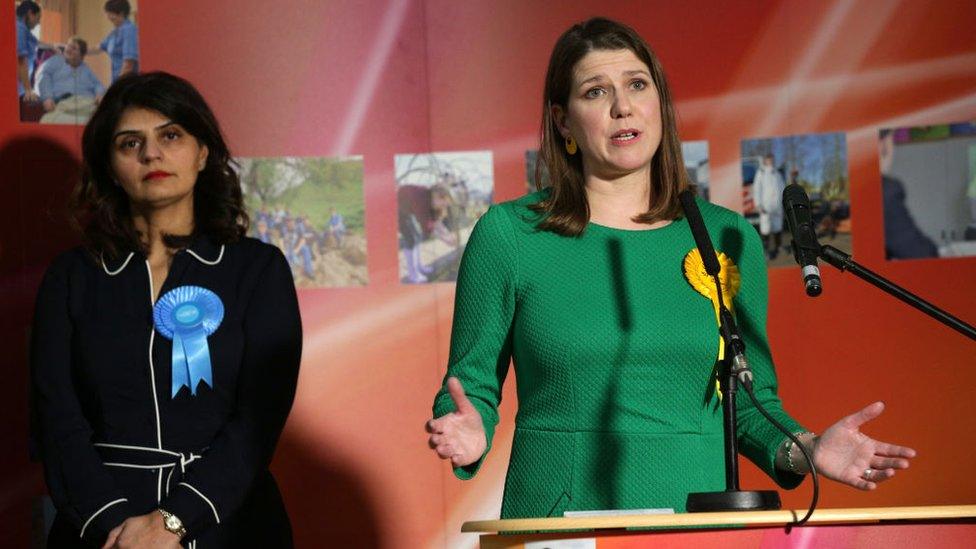
Jo Swinson
The leader of the Liberal Democrats lost her seat in Dunbartonshire East in Scotland to the SNP by just 149 votes.
It means that she is no longer a member of parliament and the party will need a new leader.
Ms Swinson became her party's first female leader earlier this year.
5. What happened in Wales and Northern Ireland?
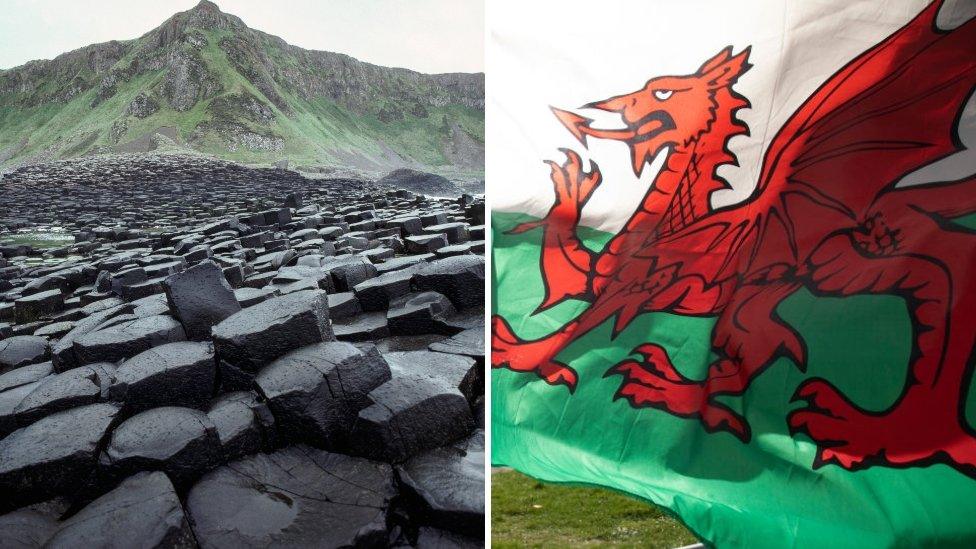
The Conservatives doubled the number of seats they have in Wales, taking six off Labour.
They now have 14 politicians in Westminster - including three women MPs, the first female Conservatives ever to be elected there.
Labour are still the biggest party in Wales though, with 22 seats, while Plaid Cymru stay on four seats, the same amount they won at the last election in 2017.
In Northern Ireland, the Democratic Unionist Party (DUP) had a bad night, losing two MPs including its Westminster leader Nigel Dodds.
The cross-community Alliance Party won its first seat since 2010.
- Published7 December 2019

- Published10 December 2019

- Published13 November 2019
